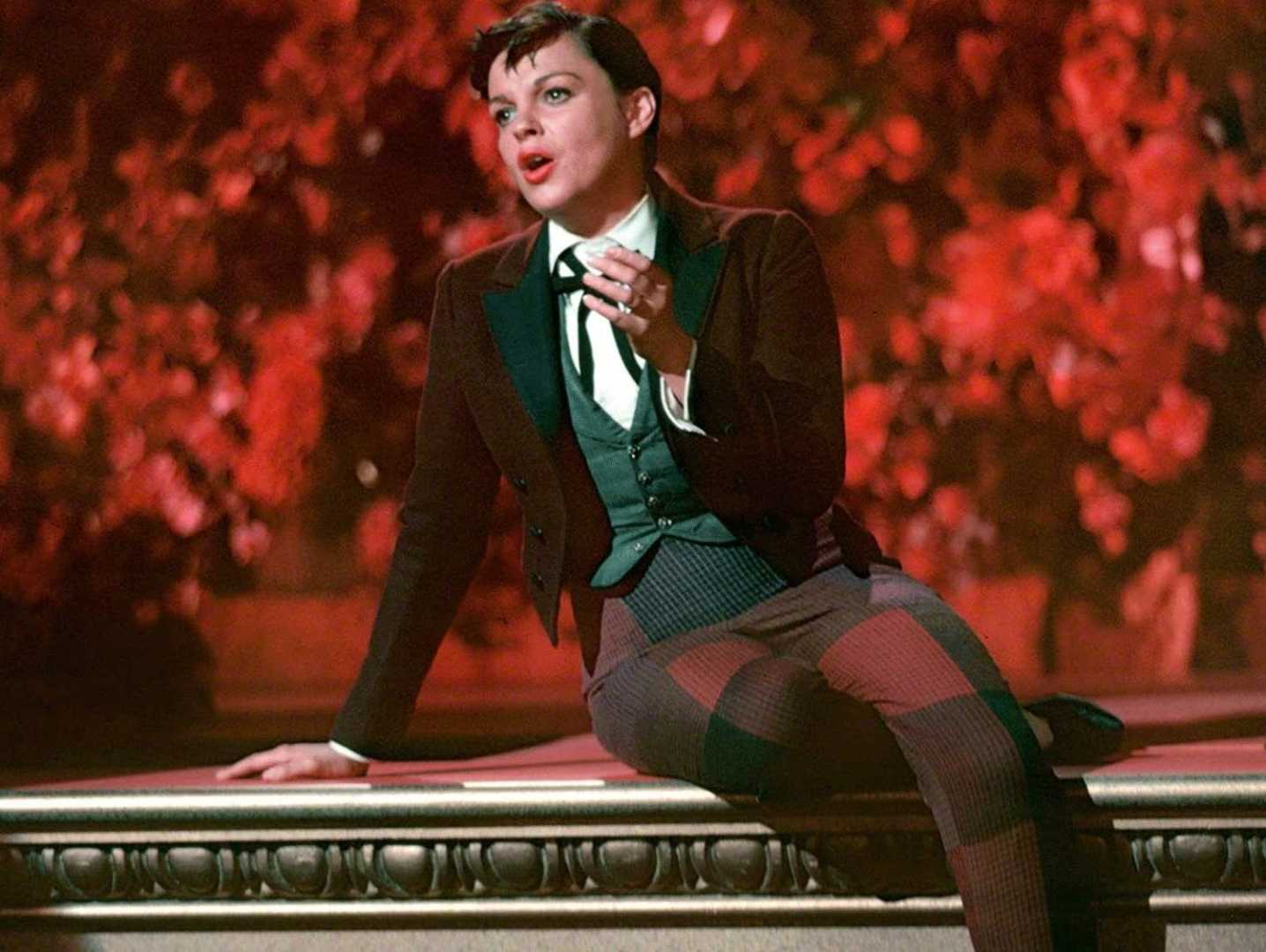Entertainment
The Iconic Legacy of the 1954 Film “A Star is Born”

The film “A Star is Born” has been brought to the screen in various incarnations, but it was the 1954 version that truly cemented its place in Hollywood history. Released on September 29, 1954, this rendition is recognized as a pivotal work in both the American film industry and the legendary career of its star, Judy Garland.
John Fricke, a noted film historian, described it as a film that has “stood the test of time, as a great Hollywood story and a great musical drama.” The movie vividly depicts the ruthless nature of the entertainment industry, showcasing both the triumphs and the personal struggles that come with it.
Garland, who severed ties with MGM in 1950 due to overwork and personal issues, saw “A Star is Born” as a chance for a Hollywood comeback. Her new husband, producer Sid Luft, along with other industry figures such as composer Harold Arlen and director George Cukor, supported her return to the screen. In the film, Garland’s character, Esther Blodgett, mirrors her own life, transforming into the star “Vicki Lester,” while navigating personal issues that echoed Garland’s own publicized struggles.
Despite the high stakes, the production faced numerous challenges. Innovations in wide-screen technology meant production had to start over after initial troubles with filming. Costume issues, changes in cinematographers, and debates over the musical content also plagued the project. Nevertheless, the creative team, including Garland, believed they had crafted not just a film, but an important cinematic event worthy of reserved-seating, road-show treatment.
When “A Star is Born” premiered at the Pantages Theatre, its full version ran for 181 minutes and was met with critical acclaim. Critics likened it to “Gone with the Wind” in terms of its musical grandeur. However, post-premiere decisions by Warner Bros. proved detrimental. The studio reduced the film by another half hour for financial gain, diluting its impact. The New York Times critic Bosley Crowther lamented the cuts in an article titled “A Star is Shorn.”
Garland, previously considered a strong contender for an Academy Award, ultimately lost to Grace Kelly. The blame for the film’s financial challenges was unfairly attributed to Garland’s supposed “difficult” behavior, overshadowing her outstanding performance. Despite this setback, “A Star is Born” succeeded in revitalizing her career, leading to roles in significant films such as “Judgment at Nuremberg.” “The Man That Got Away,” a key performance in the movie, became synonymous with her stage performances for years.
The film’s legacy has endured, inspiring later versions by Barbra Streisand in 1976 and Lady Gaga in 2018, both paying homage to Garland. In 1984, a restored version returned much of the missing content, ensuring that the 1954 “A Star is Born” remains a celebrated and frequently revisited musical drama.












